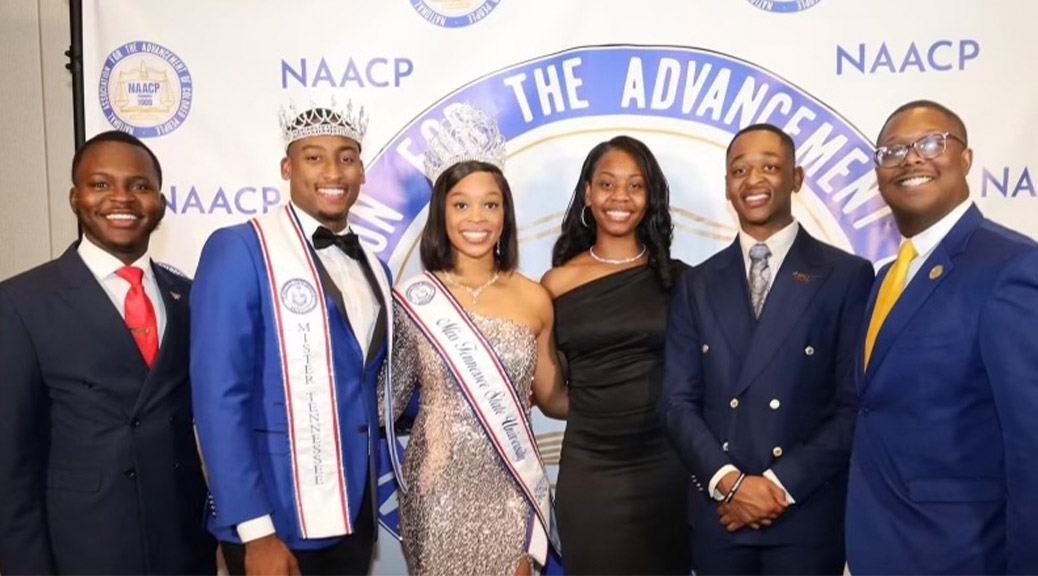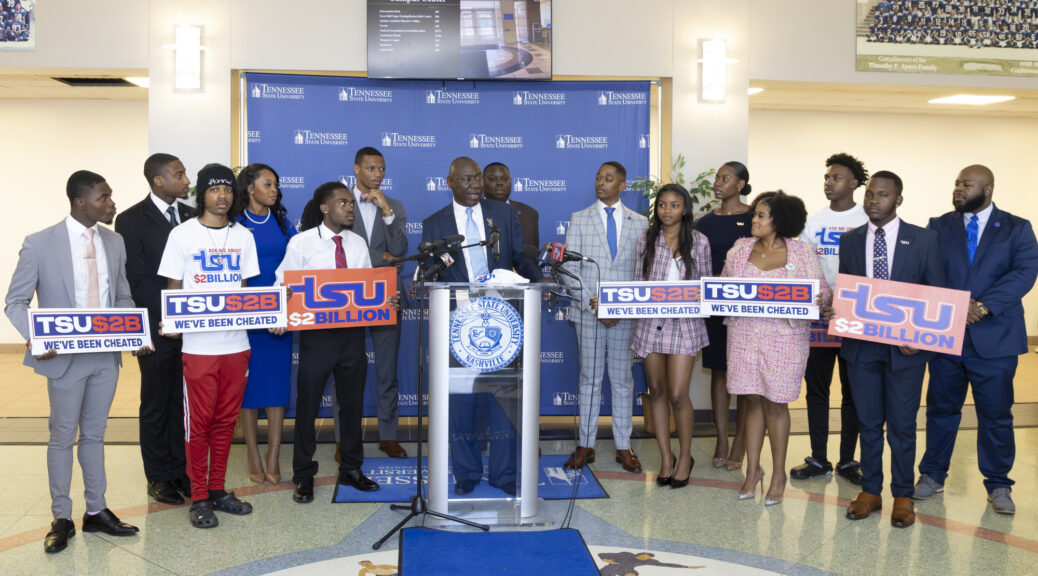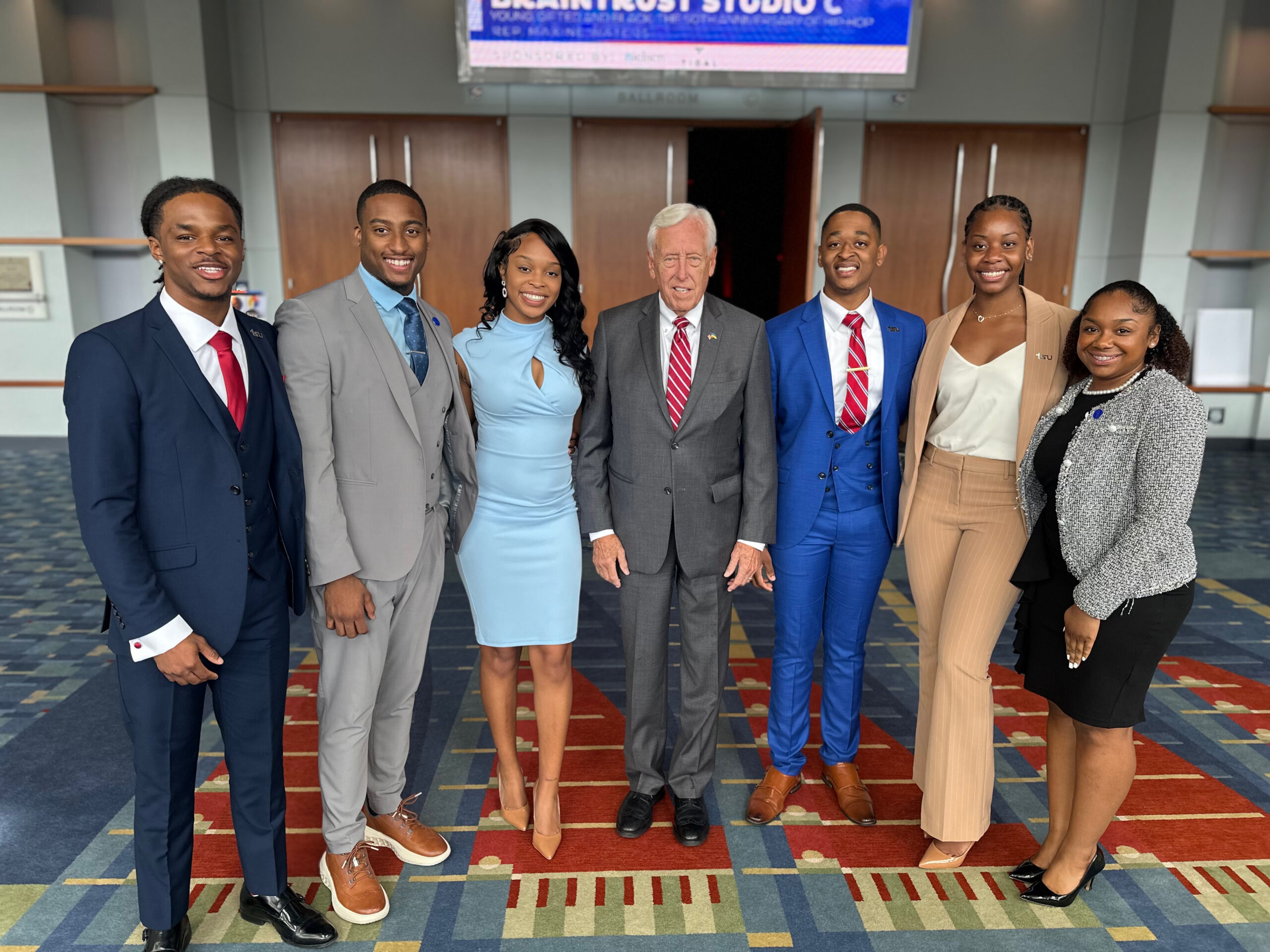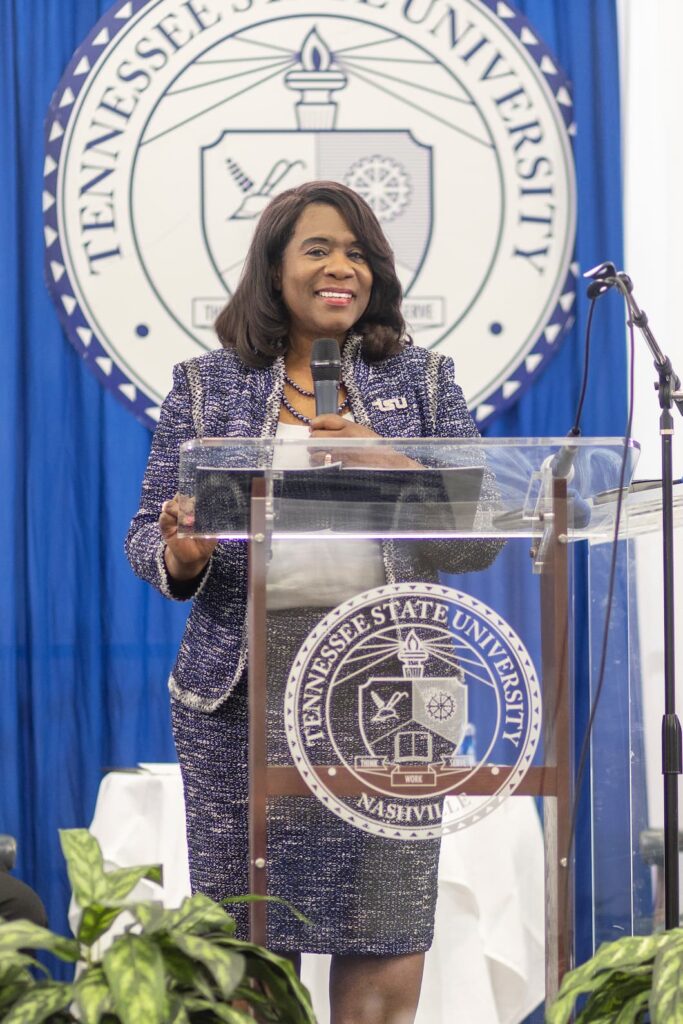NASHVILLE, Tenn. (TSU News Service) – In a significant move to address funding disparities and empower students, Tennessee State University is reactivating its National Association for the Advancement of Colored People (NAACP) chapter. Trey Cunningham, a senior majoring in health care administration and planning, serves as the Chapter President of the TSU NAACP chapter. Cunningham reflected on the timeliness of the revival.
“Our TSU NAACP Chapter has been reactivated, and this revival has coincided with TSU pursuing $2.1 billion in funding,” he said.
“With this significant piece to the puzzle and our executive committee now confirmed, we are eager to initiate our work and contribute to the ongoing success and development of TSU.”
The underfunding issue Cunningham refers to stems from the U.S. Department of Agriculture and the Department of Education, announcement several months ago that 16 governors collectively owe $13 billion to their respective land-grant HBCUs. TSU is facing the largest underfunding amount by a state, which is $2.1 billion.
Cunningham emphasized the importance of direct action through the NAACP chapter rather than using social media as their main platform to bring awareness to the underfunding and other issues that directly impact TSU students.
“Social media is good, but you can’t see people who are putting action behind their words,” he said. “We are going back to the roots and getting in the field to make sure people are registered to vote.”
Cunningham is optimistic about the impact the chapter could have on TSU’s campus and the generations to come.
Tamauri Murray, the Vice President of the TSU chapter, emphasized the significance of mobilizing Black voters. “Getting Black voters out there is more than important. We want to make everyone in our generation aware of voting and spreading the word,” said Murray, who is a computer science major.
“I want to implement a space for us to speak up because we have the power for change. We want students to advocate for their peers.”
One of the first steps in starting the groundwork on campus was to reintroduce the campus branch to the Nashville community. Recently, TSU student leaders attended the NAACP Nashville Branch’s Freedom Fund Banquet. The students participated to gain insight, exposure, and collaborate with local and regional members.
Frank Stevenson, Vice President of Student Affairs and Dean of Students, commended the student-led initiatives to get their voices heard and their issues seen on a collegiate level chapter and beyond. “There is a very strong NAACP branch here in Nashville, so it was exciting to see them working with the local branch,” Stevenson said.
“I would like to see this age demographic participating in this political process at a higher level.”
Judy Cummings, the administrative branch manager for the Nashville NAACP, expressed excitement about the TSU chapter’s reactivation as well. “It is vitally important that young people understand the history and the significance of the work of the NAACP historically and presently,” she said.
The national agenda of NAACP remains focused on disparities in economics, healthcare, education, voter empowerment, and the criminal justice system. With the youthfulness and enthusiasm of college chapters across Tennessee, Cummings said the NAACP aims to drive voter education and mobilization leading up to the 2024 elections.
“Some people ask if the NAACP is still relevant today. The answer is yes,” Cummings said.
“Every day people call the office because their civil rights have been violated. They know we are going to answer their call because that’s the work that we do.”
The TSU NAACP chapter aims to register at least 25% of the student body population this spring for the upcoming 2024 local and presidential elections, Cunningham said. The chapter initiated its reactivation process this fall and has over 130 members including its executive committee.






